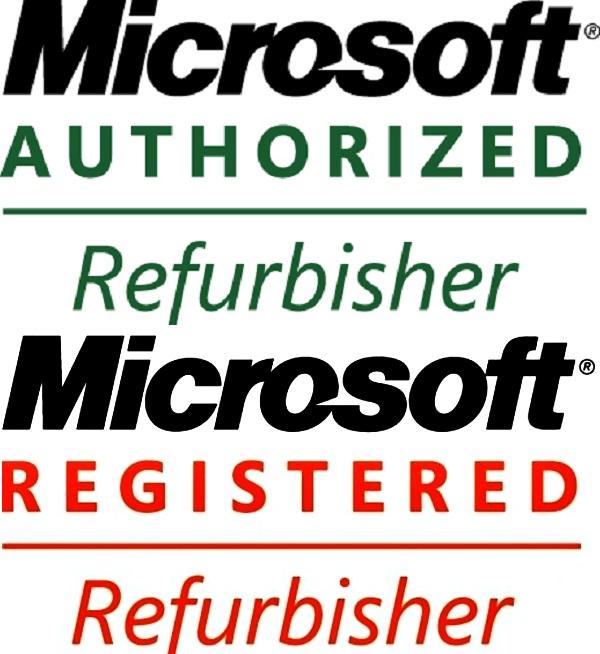
By Ronnie Deaver
Running a business is expensive, and it makes sense to be frugal in any way you can. Everyone likes a deal, but you have to be careful when that deal is on big-ticket items for your company, like laptops.
Many of the great prices you'll see on newer consumer electronics are only possible because the products aren't actually new — they're refurbished. Obviously, you want to get as much mileage as possible out of your company's equipment. But how much do you know about refurbished electronics? Would you buy them? Would you sell your company's old equipment? Let's take a look at the most asked questions about refurbished electronics.
The 7 most asked questions about refurbished electronics
1. What does refurbished mean, exactly?Refurbished (or reconditioned) electronics are items that have been previously purchased and restored to “like new” condition before being resold. There are many reasons a product may be considered refurbished — best case, they were simply returned without being opened. Worst case, there was hardware failure that required extensive repair and replacement. In most cases, you won’t know why a piece of equipment was refurbished — it could be as minor as a scratch or dent.
2. What are the benefits of buying refurbished electronics?
Refurbished electronics are, of course, cheaper than new equipment. That’s the biggest benefit of buying used — especially if “used” means that someone bought something and returned it without even opening it. Buying a refurbished item also helps sustainability efforts by re-purposing equipment that might otherwise be trashed.
3. What are the pitfalls of buying refurbished?
The biggest pitfall of buying refurbished is that you often don’t know the item’s history. You don’t know if you’re getting a dud or a great deal—and you may not know until you’ve used the equipment for a while.
4. Are refurbished electronics “green”?
While not technically “green”, buying refurbished equipment does give the electronics a longer useful life, preventing the need for new equipment, and thus, reducing the amount of new resources used and products thrown away.
5. Are my company's old computers worth anything?
Technology moves at breakneck speed, and many electronics simply aren’t built to last—they’re built to last a few years at most. Because of this, your old equipment is probably not a good bet for refurbishing, as the market is quite small. However, if your computers are only a year or two old and in good condition, you may be able to re-sell them and recoup some of your investment. If you work with a certified IT asset disposition company/recycler, some of these companies offer options for reselling eligible equipment.
6. If I sell my company's old equipment, how do I make sure company data is safe?
If you’re reselling equipment instead of recycling, then you’ll need to make sure your company’s data is destroyed. It’s not enough to delete important files; you’ll need to use specialized software to keep your data safe. If you're outsourcing a company, make sure they provide certificates of destruction and are up to par with NIST and DOD standards.
7. What do I look for to make sure I don’t buy a “dud”?
Don’t buy the stigma that “refurbs” are inherently faulty. Just be smart about your shopping!
Tips for finding quality refurbished equipment
- Buy “factory reconditioned” or “factory certified” items—these have been tested by the manufacturer before being sold.
- No warranty? No sale. The product should come with a warranty or the ability to return the item within a certain amount of time in case you find not all problems are resolved.
- Choose a reputable retailer. Whether you’rebuying online or in store, you should only buy used equipment from a reliable source, such as a Microsoft Registered/Authorized Refurbisher.
- Consider your needs now and in the future. Is the equipment you’re buying going to meet your needs for at least the next year or so?
Refurbished equipment can be a great deal for many frugal and sustainable companies—just make sure you’re making a safe purchase.
Image courtesy of the author
Ronnie is the Marketing Manager for ICT Asset Recovery. He loves swing dancing, wine, responsible recycling and adventuring around the world. A recent transplant from Texas, he’s been soaking in the Boston scene and diligently working with ICT to promote the message of responsible e-waste recycling.
Follow ICT on Twitter! @ICTasset
TriplePundit has published articles from over 1000 contributors. If you'd like to be a guest author, please get in touch!














